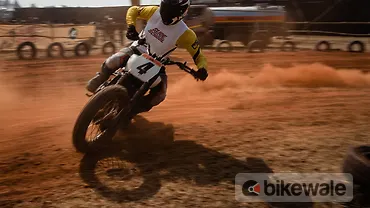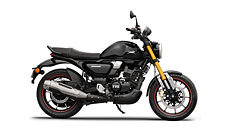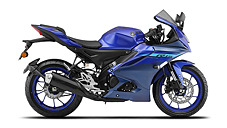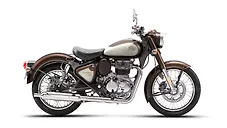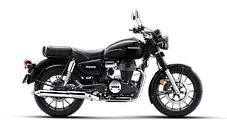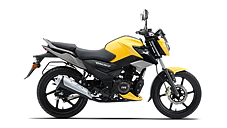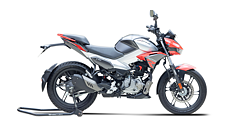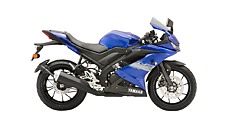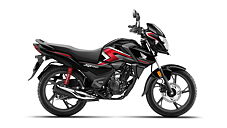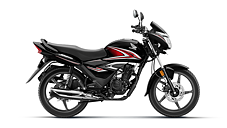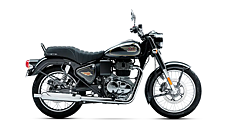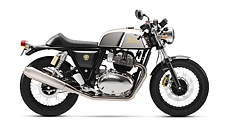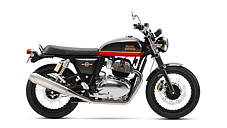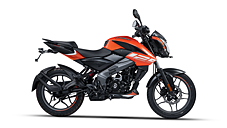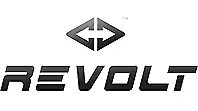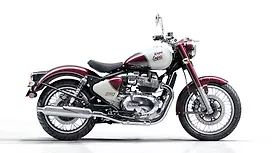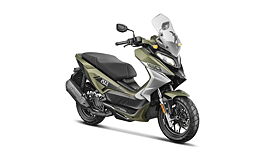Introduction

Kabira Mobility, like most brands in the electric two-wheeler space, is a fairly new name. Unraveling themselves at the Auto Expo 2020, the Goa-based company launched four scooters and unveiled a motorcycle- the KM 3000. Now, a year later, it has also introduced a naked called the KM 4000, which is its flagship model. So we recently got the chance to ride the prototypes of both models on a set route for a couple of hours. And here is what we came back with.
The Visuals

Yes, the first thing that comes to mind when looking at the KM 4000 and KM 3000 is their resemblance to certain Kawasaki models. The aggressive shape of the fuel tank and rear section on the KM 4000 is undoubtedly a head-turner, thanks to its Z1000-semblance but the shape of the headlamp does seem out of place here. As for the KM 3000, you’d be forgiven to mistake it for the Ninja 300. Nevertheless, on the bright side, the KM motorcycles do look attractive as compared to the other electric motorcycles available in India.

That said, the quality of both motorcycles are below average. The KM 3000 for example, had visible rusting on its nuts and bolts, while the KM 4000’s paint had already begun to chip off. Both motorcycles also had quite a few panel gaps and the open wires under the instrumentation were an unpleasant sight too. Speaking of which, components like the instrument cluster and switchgear could also do with better fitment.

Now the test units we rode were prototypes but even then, the quality of both, the KM 4000 and KM 3000 is far from perfect and have a long way to go.
The Package

Now, Kabira Mobility is offering the KM 4000 and KM 30000 with a Type 2 Universal connector to charge the IP 65-rated, high-performance lithium-ion batteries. On Eco Charge mode, the batteries can be charged from 0-100 in a little over six hours whereas on Boost Charge mode, it reaches 80 per cent charge in under an hour.

Interestingly, one can switch from Eco Charge to Boost charge using the smartphone application which also connects to the Bluetooth-enabled instrument cluster. This cluster will offer on-screen navigation and allow the rider to control music as well as receive text and call alerts. The motorcycles also get full-LED lighting, which could do with better quality and effectiveness.

The Ride

The KM 4000 offers a low and accessible seat height of 800mm so shorter riders can have both their feet planted on the ground. And while it is a naked motorcycle, the ergonomics are a bit sporty. The wide handlebar is slightly farther away and the footpegs are rear set for a mildly bent forward riding position. And along with the seat offering enough room to move around, the overall ergonomics of the KM 4000 would be comfortable for taller riders as well.

While the KM 3000 has a slightly taller, 830mm seat height, the narrow fuel tank means planting both feet on terra firma is an easy task and would appeal to shorter riders. But, the comparatively more aggressive ergonomics with narrow handlebars and rear set footpegs could get uncomfortable for taller individuals. However, the ride quality on the KM 3000 is more pliant over small bumps as compared to the KM 4000.

The latter comes with upside down forks and mono shock at the rear that feels stiff at low speeds but gets somewhat better as speeds increase. Nevertheless, the rear brakes on both bikes have good bite and feel although the front, especially on the KM 4000 could do with better bite. Getting to the heart of the matter- the powertrain. Kabira Mobility claims to have equipped both models with a completely in-house built motor. While the KM 3000 uses a motor with a peak power output of 6000W, the KM 4000 comes with a 8000W motor.

Now since the KM 4000 prototype we tested would only go up to 40kmph- a far cry from its claimed top speed of 100kmph- due to a technical glitch, we focused our attention on the top-spec KM 4000 that was in much better shape. The motor does have a sense of exhilarating urgency that comes with EVs. And although the company boasts of a quick 0-40 time of 3.1 seconds for the KM 4000, power is offered in a smooth manner, without any kind of choppiness.

It also boasts of this eerie whine that reveals what the future would sound like. Lest we forget, Kabira Mobility says that the KM 4000 can achieve a top-speed of 120kmph, making it the fastest EV in India, as of now. What’s more, the motorcycle is also claimed to offer a range of 150km on a single charge of the 4.4 kWh Li-ion battery if ridden in Eco mode. It also gets City and Sports modes that offer a range of a respectable 110km and 90km each.

That said, the KM 4000 weighs in at 147kg and feels quite light moving it around although on the move, it isn’t as agile and needs a bit of effort to tip into corners. While we weren’t able to test the full potential of the models, the motors in this stage look promising in terms of performance.
Conclusion

After our short stint with the motorcycles, we did come to like the seating comfort and the character of the KM 4000’s motor. The smooth throttle response too, is welcoming for newer riders. And with a top-speed of 120kmph and a range of up to 150km, the KM 4000 will be the better choice between the two models for customers with highway commutes. However, with Kabira Mobility planning to introduce the KM 4000 and KM 3000 by May 2021, the brand will need to work heavily on the fit and finish on both motorcycles, which in its current stage, is a complete deal-breaker.
Photos by Kaustubh Gandhi




